Local News
Lehi representatives discuss tax reform, mining bill and Convention of States
Published
6 years agoon
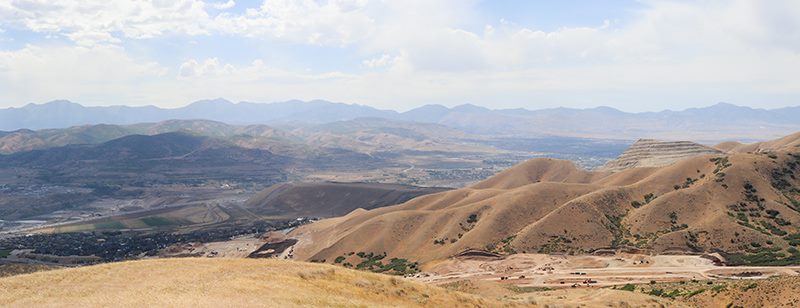
Mining bill passes House 51-20
A gravel mining bill which could have a high impact on Traverse Mountain residents passed the House 51-20 and will likely be heard in the Senate this week.
Representative Cory Maloy (HD 6) discussed his vote in favor of HB 288. The bill creates a new designation in the Utah Code for “critical infrastructure materials protection areas” and limits cities’ ability to have a say over how mining operations such as gravel pits can operate. It prohibits cities and counties from including gravel pits in their “nuisance” laws and sets up advisory boards in each county to oversee the operation of gravel mining areas.
Opponents have expressed concern that the bill represents an effort by Geneva Rock to use the state government to circumvent local governments. A petition created by Concerned Citizens of Utah states, “We know that this bill was written in partnership with large mining organizations including Clyde Companies’ Geneva Rock after Draper City recently took a stand and removed the M2 zoning designation from their city code…Draper made this decision knowing that to allow expansion like this goes well beyond “nuisance”.”
Representative Merrill Nelson (HD 68) of Tooele County, said in House floor debate, “The bill …gives too much protection to the gravel companies and limits the authority of local government. It provides heavy protections to the gravel industry with little or no regard for residents in the vicinity of gravel protection pits.”
Supporters say it protects the economy. “Gravel starts to become expensive as you transport it very long distances,” said the bill’s sponsor, Representative Logan Wilde (HD 53) of Logan. He said some estimates state the cost of gravel doubles every 23 miles. “This does not give the industry free rein over what’s happening with local land use and zoning laws.”
Christofferson said in House floor debate many of the gravel pits in operation have been at their locations for many decades. He said the gravel pit at the point of the mountain opened up years before houses and businesses flooded the area and the owners’ right to operate their business shouldn’t be infringed because people decide they want to live in the area.
“Over the years houses have encroached in those areas. They’ve known for years that those gravel pits are there,” he said. “Because of the number of people that have moved in, it’s almost like the tyranny of the majority.”
Maloy said he voted in favor of HB 288 because he thinks it provides a reasonable approach to the balance between property rights, safety and air quality in relation to mining operations. Christofferson also voted in favor. Moss voted against it.
Lehi legislators discussed the issues involved with the newly introduced tax reform bill, HB 441, which is being debated this week. All said they recognize the current structure needs adjusting but have varying degrees of comfort with the proposed approach.
“The general fund is shrinking,” said Representative Jefferson Moss (HD 2). “The problem isn’t that we don’t have enough revenue, it’s the way we can spend the revenue that we have.” The Utah state constitution requires income tax to be used only on education.
“I hate the situation we’re in. I hate the fact that if we don’t restructure, we’re only going to kick the tin can further and further down the road,” Moss said.
Maloy said the goal with the tax reform bill is to, “broaden the base and lower the rate.” This is the last year the general fund will cover expenses under the current structure and state economists are concerned about the state’s ability to perform its functions and meet its commitments
Maloy places a high priority on passing a bill that includes a tax cut. He has received several emails from people concerned the bill amounts to a tax increase. “If the tax cut is not there, and it’s just revenue neutral, it’s going to be difficult for me to vote yes.”
Representative Kay Christofferson (HD 56) said he’s also been getting a lot of emails about the bill, with most expressing concern about it, especially small business owners. He said a long, involved effort to understand and address the issues has gone into the bill.
“I can see why there’s a lot of pressure to push this through,” he said. “I can also see why there’s a need to communicate better and maybe give more time for that.” He is interested in understanding better how it may affect small business owners. While he generally favors the idea, he said he will look at the details and listen to the arguments before making a final decision.
Senator Jacob Anderegg (SD 13) acknowledged the challenge of the situation. “We’re damned if we do and damned if we don’t,” he said. “I do not know how we keep up with the expenses that we have in the state if we do not fix our structural imbalance.”
He said he’s not sure the details are right yet, but there’s a need to move forward. He encouraged constituents to “pay attention, stay tuned,” assuring that “We’re going to do our best to try to not hurt very many people – I don’t know how we get around it though.”
One of Maloy’s focus bills, HB 114, was approved by a Senate committee on Friday. It is a “stand your ground” bill that clarifies that an individual is not required to retreat when threatened. He ran the same bill last year and while it sailed the House on a 58-11 vote, the session ran out of time before it could be voted on in the Senate.
“We’re getting into the crucial period where everything gets crazy,” Maloy said. On Tuesday, both the House and Senate held a third floor session that ran until late in the evening. In the wake of that, session bills are being “sifted,” meaning given varying priority levels.
Maloy’s HJR 7, a resolution to protect Second Amendment rights by recognizing laws already exist in Utah Code to protect citizens from criminals, will not be heard in the Senate.
“I’m okay with that,” he said. “I think what I set out to do with the resolution has happened.” His goal was to raise awareness of current laws in place to protect people from criminals and prevent the passage of “red flag laws,” which he said infringe upon on Second Amendment rights.
Christofferson’s HB 236 passed the House unanimously. It would provide salary supplements for STEM and special education teachers who have been working for at least ten years. He wanted to provide the supplement for all STEM and special education teachers, but the price tag was too high at $17 million. The bill has been prioritized and should move through the Senate this week.
His bill to keep state agencies accountable for the funds they spend on building use, HB 349, also passed the House unanimously.
Christofferson has successfully pushed through two bills, HB 96 and HB 116. The first allows contractors working with UDOT to be exempt from local noise ordinances in certain specified cases the same way UDOT currently is, making it practical for those contractors to deliver materials to work sites at night. The second officially designates a “Victims of Communism Memorial Day” in Utah.
Moss spent most of the week working on the budget as a member of leadership of the Executive Appropriations Committee.
“All of our subcommittees work during the session to prioritize what things they want to budget for,” Moss said. They communicate this to the leadership of the Executive Appropriations Committee, which then makes decisions about how to assign the requested funding.
This includes considering questions about “what things should we not fund?” The committee received requests for over $1 billion in funding. He said it’s a time-consuming responsibility which kept him off the House floor for much of the time.
Moss said the legislature spent time during the interim to put its financial house in order by filling the “rainy day fund” and deciding to pay cash for the new state prison. While it’s been widely reported that there was a $1.2 billion surplus, Moss said, “that never existed.”
All the money in that projection was either used up or over-projected. $235 million went to the prison while Medicaid expansion took another large portion of it. $300 million were projected based on trendlines which didn’t continue. When revenue projections came out in February, “they were quite a bit down from what we had projected before, which means we don’t have nearly as much money as people thought we did.”
HJR 18, Moss’ “Zero-Base Budgeting” resolution, would require each appropriations committee to go through 20 percent of its budget each year with the goal that in a five-year period, the entire budget will have been examined and evaluated. It passed the House during the fourth week and passed the Senate committee last Friday, March 1.
HB 286, Financial and Economic Literacy Education Amendments, received Senate committee approval on Monday, March 4. It would require students graduating from Utah high schools to be able to recognize and compare the differences between economic systems, such as socialism, communism, and capitalism.
Moss is the House floor sponsor for SB 149, the Teacher and Student Success Act, which distributes millions of education funds through a new formula tied to school improvement plans, including performance on state tests. It passed the Senate last week and the House committee this past Monday on a 7-4 vote.
Anderegg said after voting against previous resolutions calling for a Convention of States, he voted for this year’s resolution, SJR 9, because he’s concerned about trends in Washington, D.C. “I just feel like if we don’t act now, we may be too late to act in even just a couple years from now. I think we’ve got to do something.”
The resolution passed the Senate on a 16-12 vote last Wednesday and narrowly passed the House committee on Monday on a 6-5 vote.
Christofferson said he will support the resolution. With Congress unable to address the federal debt situation, he feels states have a responsibility to act. “There’s probably more fear of not doing it than of doing it.
The Utah legislative session runs through March 14. To locate your representative, go to https://le.utah.gov/GIS/findDistrict.jsp.
Contact information:
Senator Anderegg: 801-901-3580; janderegg@le.utah.gov. Text preferred.
Representative Christofferson: 801-592-5709; kchristofferson@le.utah.gov
Representative Maloy: 801-477-0019; corymaloy@le.utah.gov. Email preferred.
Representative Moss: 385-250-6738; jeffersonmoss@le.utah.gov

You may like
-
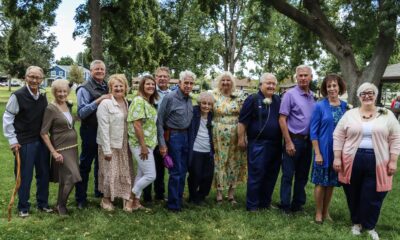

Lehi Heritage Day celebration a “roaring” success
-
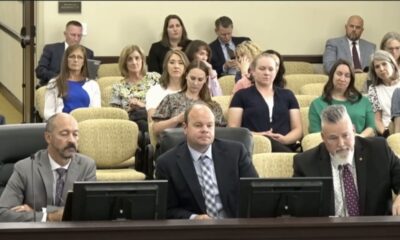

ASD slammed by Utah legislative committee for school closure process; board and superintendent subpoenaed for questioning
-


Lehi wrestlers win at Stansbury
-
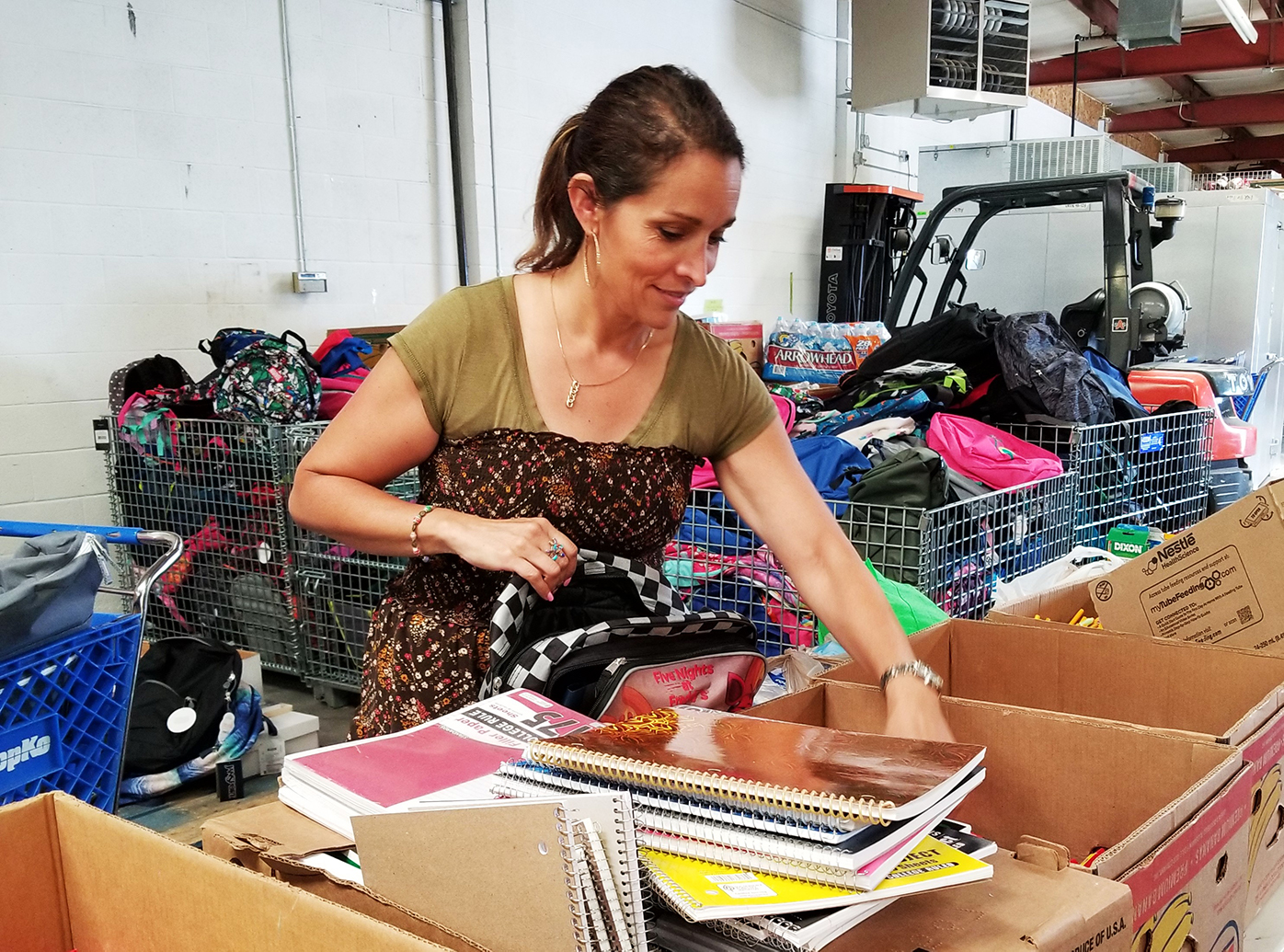

Local food pantry enlists neighbors in battle against hunger
-
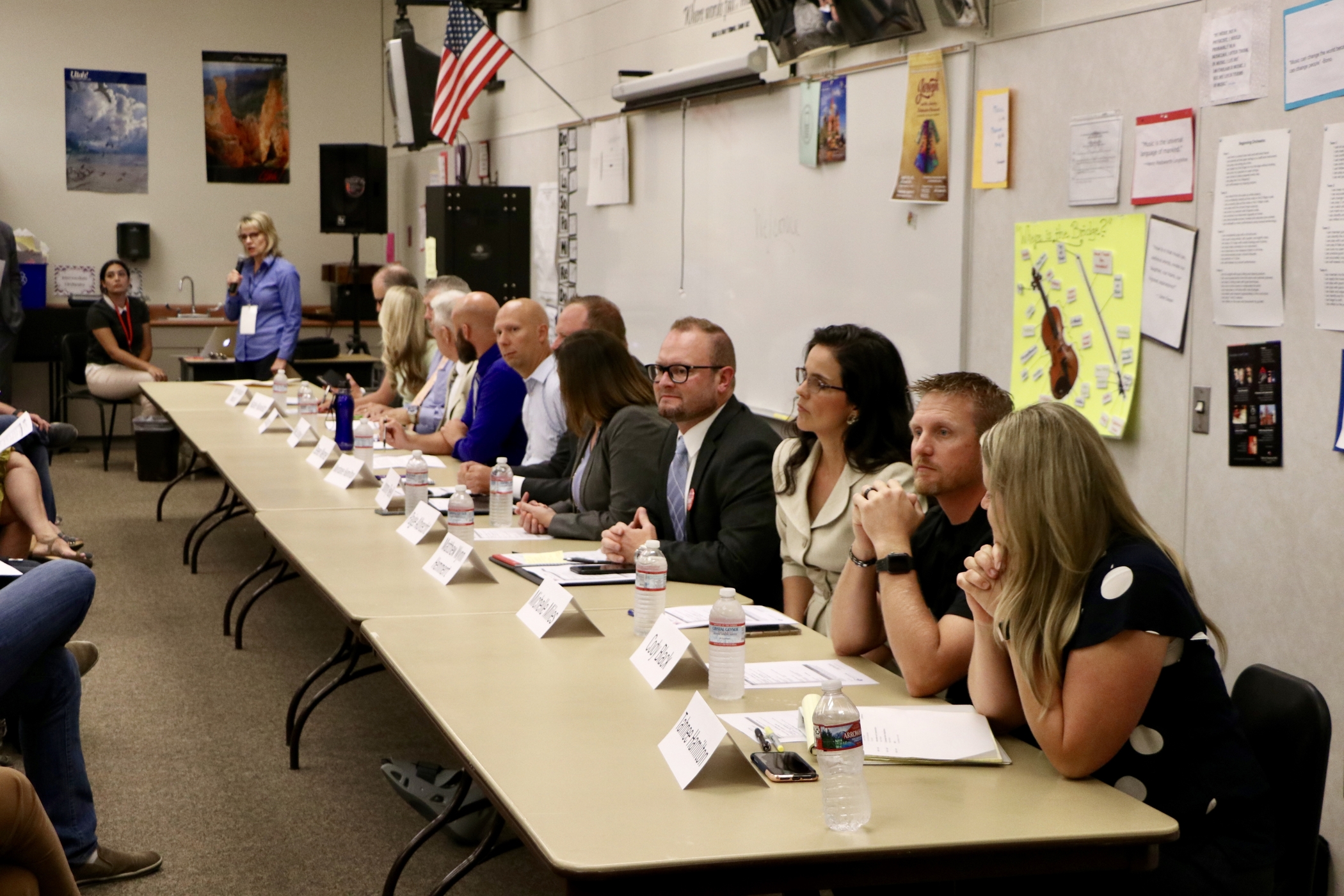

Candidates for Lehi City Council Discuss Positions at Debate
-


Restaurant review: Padeli’s Street Greek brings sensational Greek flavors to Lehi
-
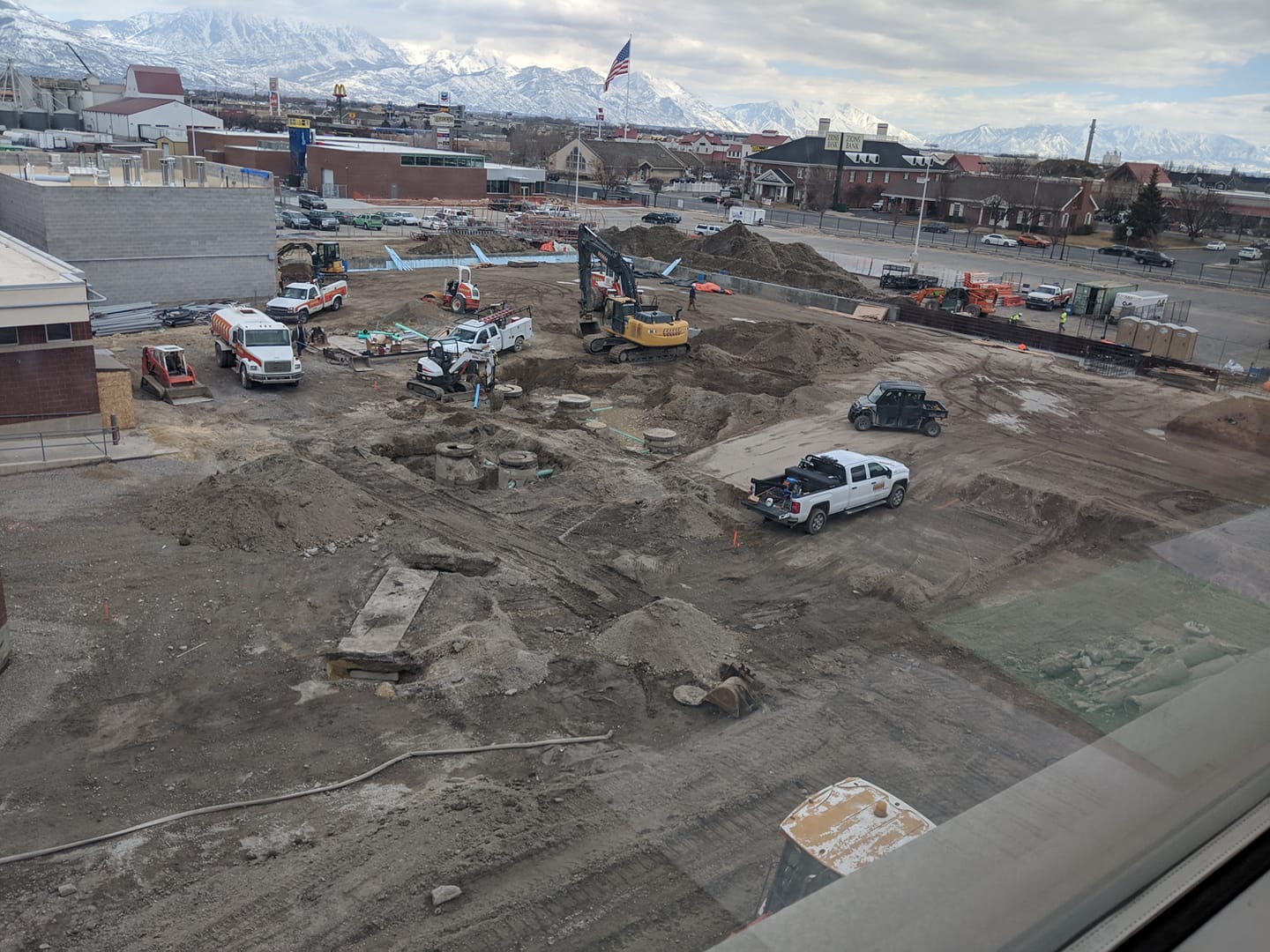

LHS rebuild: What’s for lunch?
-
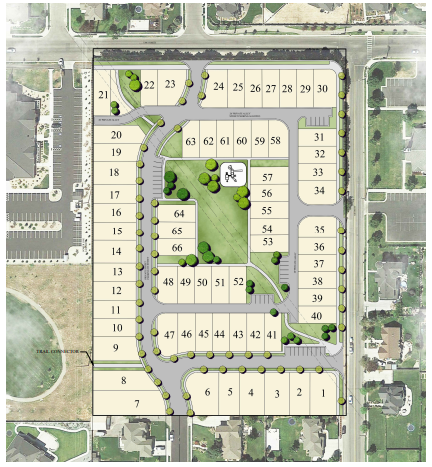

City Council approves revised Dixon Mink Farm, Ivory project
-


Skyridge Softball wins against Timp and Enterprise, Loses to Springville
-
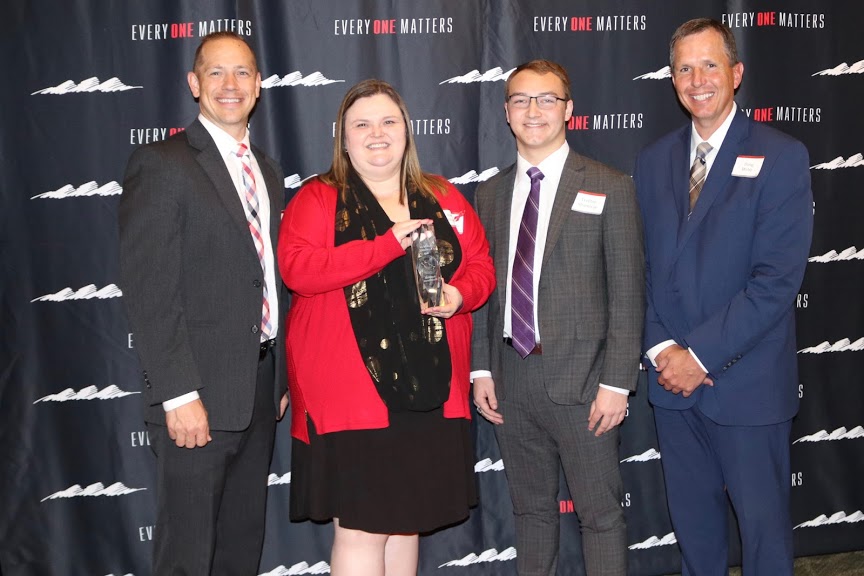

ASD Accent on Excellence awards presented

